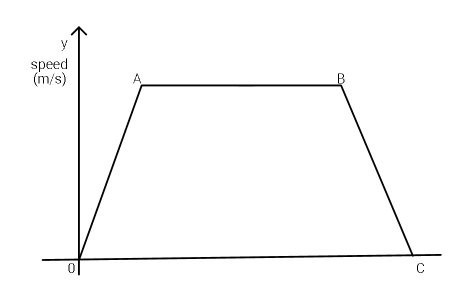
AllQuestion and Answers: Page 1703
Question Number 38775 Answers: 1 Comments: 2

Question Number 38765 Answers: 0 Comments: 10
Question Number 38762 Answers: 2 Comments: 2

Question Number 38759 Answers: 0 Comments: 2
Question Number 38746 Answers: 0 Comments: 3
Question Number 38743 Answers: 1 Comments: 0
Question Number 38741 Answers: 0 Comments: 1
Question Number 38740 Answers: 1 Comments: 4
Question Number 38734 Answers: 0 Comments: 1
Question Number 38731 Answers: 0 Comments: 1

Question Number 38728 Answers: 0 Comments: 1
Question Number 38727 Answers: 0 Comments: 2
Question Number 38726 Answers: 0 Comments: 1
Question Number 38725 Answers: 0 Comments: 1
Question Number 38724 Answers: 0 Comments: 2
Question Number 38723 Answers: 0 Comments: 1
Question Number 38722 Answers: 0 Comments: 1
Question Number 38721 Answers: 0 Comments: 4
Question Number 38718 Answers: 0 Comments: 3
Question Number 38720 Answers: 0 Comments: 2
Question Number 38719 Answers: 1 Comments: 0
$${find}\:\:\:\int\:\:{ln}\left(\sqrt{{x}}\:+\sqrt{{x}+\mathrm{1}}\right){dx} \\ $$
Question Number 38716 Answers: 1 Comments: 1
Question Number 38714 Answers: 1 Comments: 1
Question Number 38707 Answers: 0 Comments: 3

Question Number 38706 Answers: 0 Comments: 4
Question Number 38699 Answers: 1 Comments: 0

Pg 1698 Pg 1699 Pg 1700 Pg 1701 Pg 1702 Pg 1703 Pg 1704 Pg 1705 Pg 1706 Pg 1707
